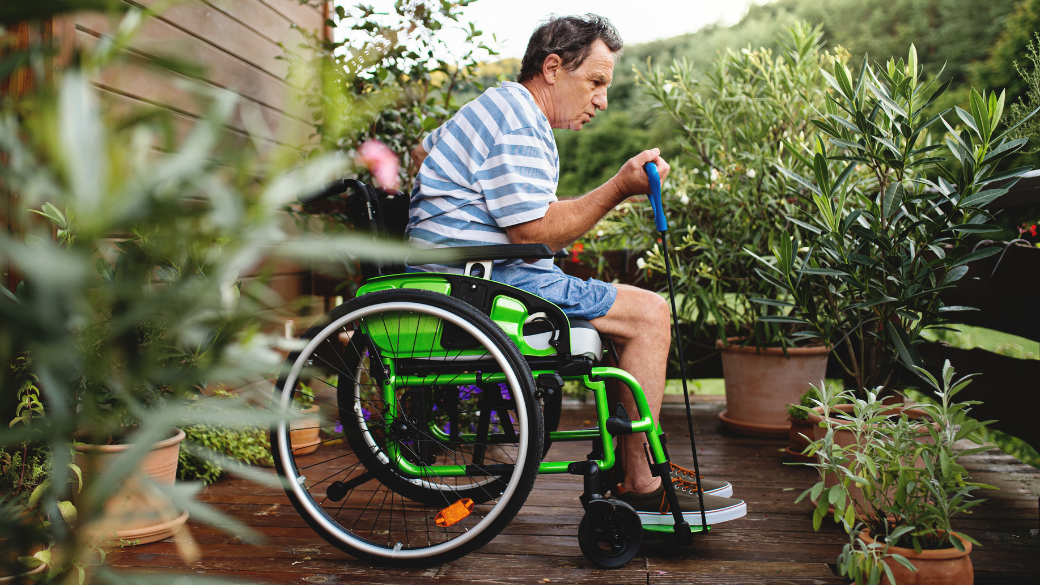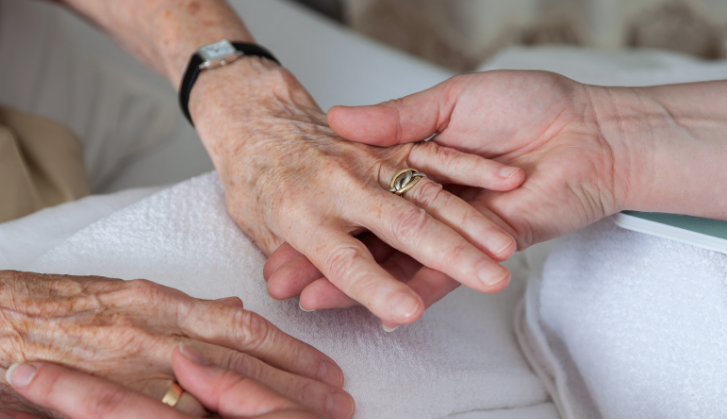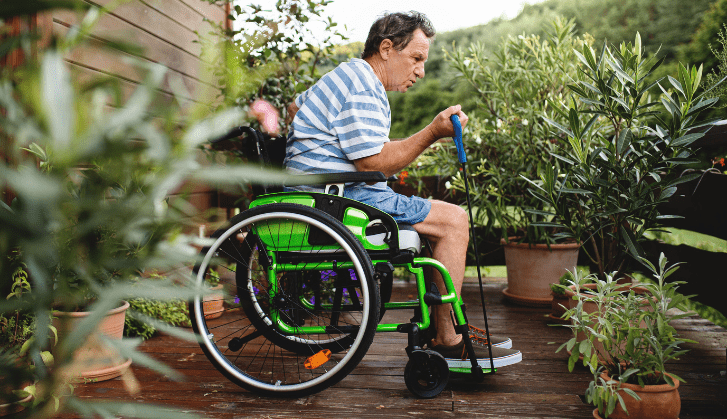Our Occupational Therapists (OT’s) undertake initial assessments to determine the appropriate interventions (therapies).
Initially, your OT will meet with you and find out how you complete the chosen activities which may include self-care, self-management, household domestic, cognitive practices, daily living and other general activities both in and around the home, and out in the wider community and more. By using observation, interviews, standardised assessments and involving stakeholders, we are able to offer a complete and accurate assessment.
Once the assessment is complete, a report will be provided that outlines the interventions (therapies) that will be included in the treatment plan.

An Activities of Daily Living (ADL) Assessment analyse functional performance in areas of self-care and general activities in and around the home. Our detailed report includes recommendations to identify and overcome and strategies to increase independence. We can also recommend a regime of care necessary to meet current and future needs, including services and hours.
Recommendations may include:
- Assistance with participation in ADLs
- Strategies for task modification
- Training to overcome physical and/or cognitive barriers
- Selected aids and equipment
- Environmental modifications
- Coordination of rehabilitation
- Referral to support services
If you have a carer or support worker who assists you to complete transfers, for example from to and from your bed, wheelchair, floor, toilet or chair, our Occupational Therapists or Physiotherapists can provide training to ensure the transfer is done safely every time.
This training is for both the individual and the career or support worker. This can include education on how to maintain safe postures when assisting throughout the transfer and how to safely and correctly use transfer equipment, for example, a hoist, slide sheets, walk belt or Sara Stedy.
It is important that a personalised manual handling plan is in place to ensure your carers and support workers are able to continue to safely assist in all transfers and manual handling tasks.
The aim of treatment for lymphedema is to improve the flow of lymph fluid through the affected area/s. These treatments will work toward reducing swelling and improving the health of the affected swollen tissue. By reducing the swelling, the risk of infection is lowered and can improve movement and your overall well-being.
Our team will undertake an assessment to determine the best course of action. The recommendations to help move or dissipate the excess fluid from the swollen limbs may include the following:
- Specific exercises
- Manual lymph drainage
- Compression bandages
- Compression garments
- Elevation
- Pneumatic compression
An assessment will be completed to determine your arm strength, movement and feeling. This assessment will include recommendations that form a comprehensive treatment plan for you to begin working toward your goals.
Recommendations and subsequent treatments could include:
- Daily upper limb exercises
- Computer or video games
- Electromyography which records your muscle activity
- Electrical stimulation
- Slings, wheelchair attachments or strapping
- Tactile exercises to improve senses
- Massage
- Pressure garments
Sensory-based interventions involve an initial assessment of the individual’s sensory functioning. This might include an individual being emotionally reactive to situations and/or having difficulty identifying why they are upset, difficulties with balance or sitting still, poor attention, difficulty tolerating strong smells, sounds or lights and more.
Following the assessment, recommendations and ongoing therapy form part of our comprehensive report.
Recommendations could include:
- Ongoing discussions they need to treat themselves
- Use of equipment – for example, an interactive metronome
- Integrated listening systems
- Proprioceptive activities (resistive weight bearing)
- Activities that can increase the individual’s response threshold to sensation and balance his/her reactions
Neuro/Cognition refers to our brains’ ability to learn and retain information. Components of brain neuro/cognition include memory, attention and concentration, planning and organising, information processing and more.
Neurologic conditions can occur for many reasons including (but not limited to) Multiple Sclerosis (MS), Parkinson’s Disease, Stroke, head/brain injuries, Dementia and Alzheimer’s.
Our Occupational Therapists can undertake an assessment to determine the problems and develop intervention strategies/exercises to work toward improving function. These interventions could include the following:
- Cognitive retraining for day-to-day activities
- Equipment to increase safety and equipment
- Develop systems to build independence
- Education to build understanding and awareness




